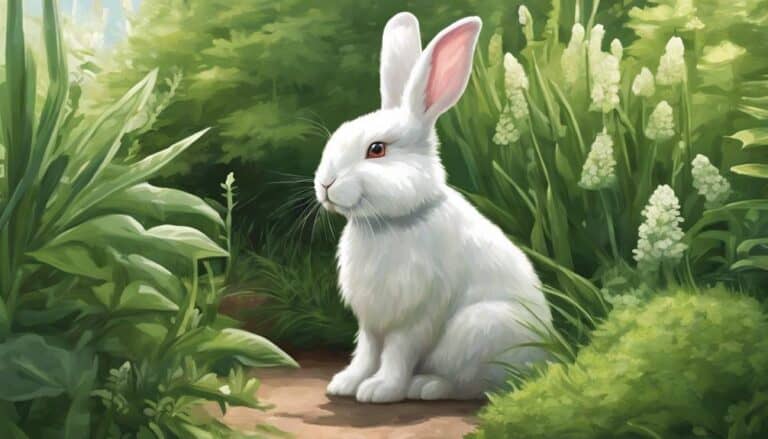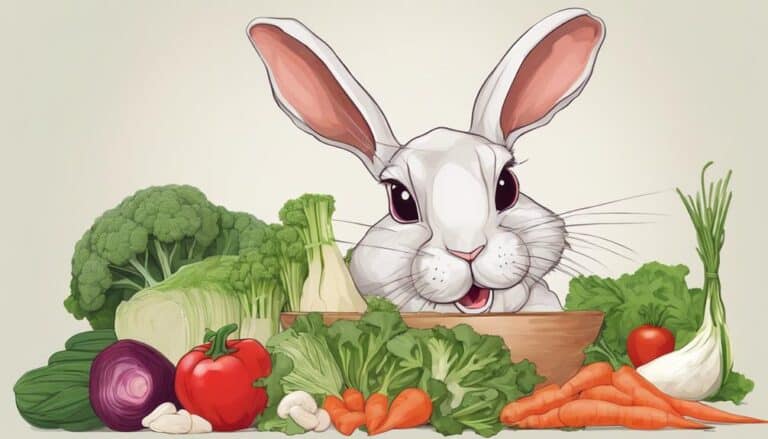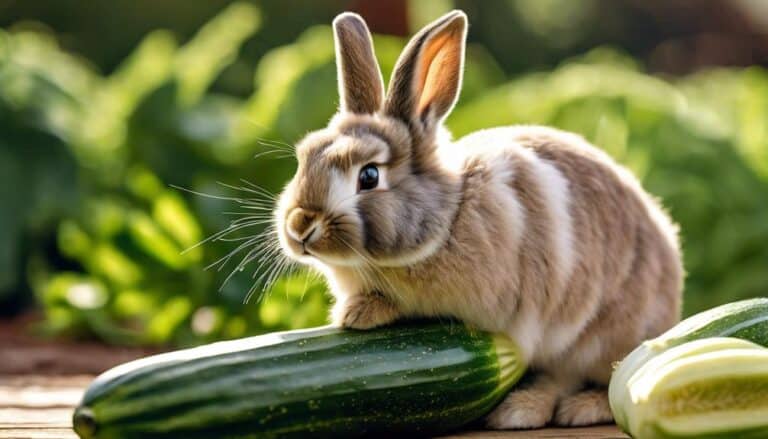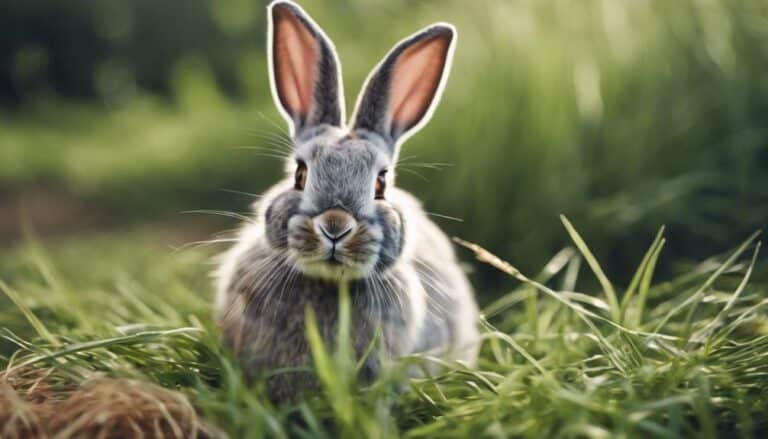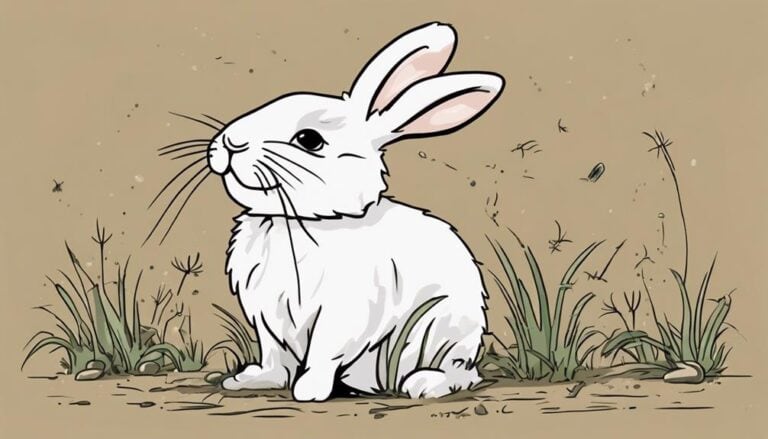Contents
- 1 Key Takeaways
- 2 Apricots and Bunnies: A Nutritional Match?
- 3 Risks of Feeding Apricots to Bunnies
- 4 How Much Apricot Is Safe?
- 5 Apricots: Fresh Vs. Dried for Bunnies
- 6 Preparing Apricots for Bunny Consumption
- 7 Monitoring Bunny’s Health After Apricot Treats
- 8 Alternatives to Apricots for Bunnies
- 9 Can domestic bunnies safely eat the same foods as wild bunnies?
- 10 Frequently Asked Questions
- 11 Conclusion
Key Takeaways
- Apricots provide vitamins and minerals for bunnies’ health.
- Beware of risks like choking hazards and potential toxicity.
- Feed fresh apricots in moderation to avoid digestive issues.
- Prioritize a balanced diet with hay, pellets, and limited fruits.
Apricots and Bunnies: A Nutritional Match?
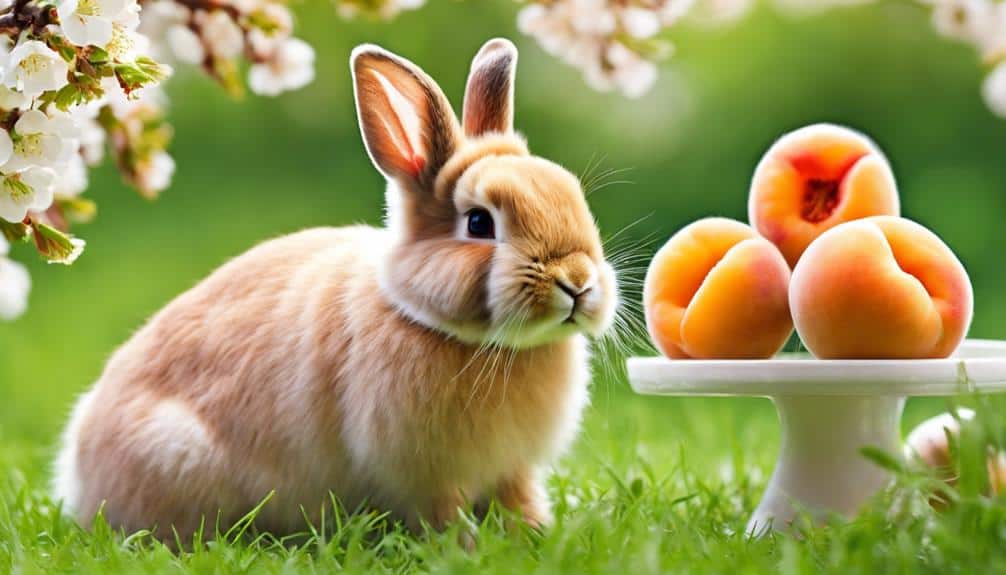
Risks of Feeding Apricots to Bunnies
Feeding apricots to your bunny can pose risks such as digestive issues and potential toxicity. Apricot kernels are choking hazards and contain cyanide, which can be harmful if ingested by bunnies. Being cautious and moderate when offering apricots to your pet is vital to prevent any health complications.Digestive Issues
When contemplating the risks of feeding apricots to bunnies, it’s important to be mindful of potential digestive issues that may arise. Bunnies are sensitive animals, and certain aspects of apricots can lead to problems when consumed excessively. Here are some key points to ponder:- Feeding dried apricots in small quantities is recommended due to their high sugar content.
- Overfeeding apricots can result in digestive disturbances like diarrhea and stomach cramps.
- The sugar content in apricots, if not controlled, may contribute to weight gain in rabbits.
Potential Toxicity
Beware of the potential toxicity of apricots for bunnies, as certain parts of this fruit can pose risks to their health if consumed in excess. Apricot kernels contain cyanide, a toxic compound harmful to rabbits. Overfeeding apricots can lead to weight gain, diarrhea, stomach cramps, and teeth problems in bunnies. While apricot skin is safe and fiber-rich, offering some nutritional benefits, dried apricots should be avoided due to their high sugar content. High sugar intake can be harmful, potentially causing health issues like diabetes in rabbits. To guarantee your bunny’s well-being, limit apricot intake and offer small amounts of fresh apricot flesh, ensuring a balanced diet that prioritizes their safety and health.How Much Apricot Is Safe?
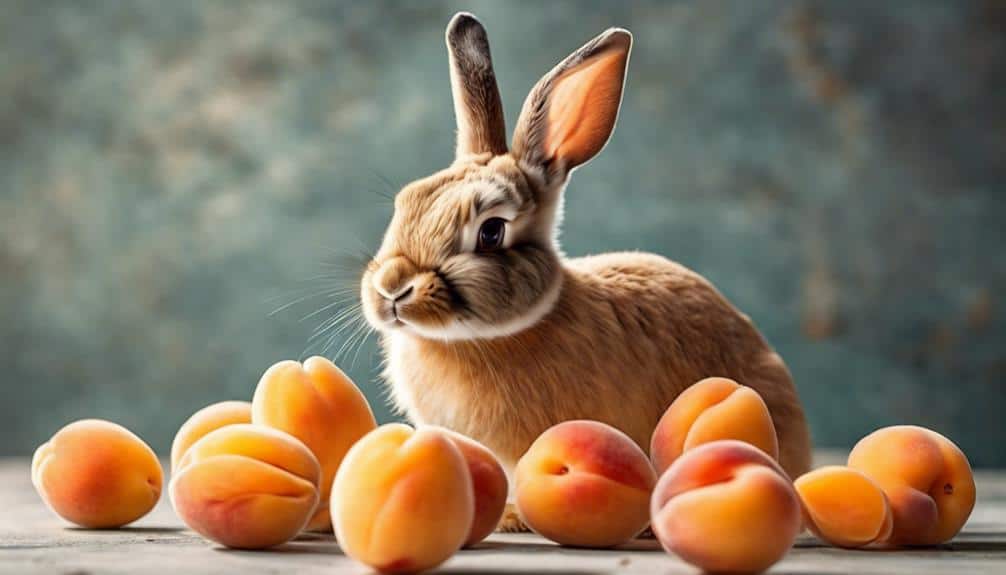
- Moderation is Key: Limiting the amount of fresh apricots prevents the risk of excessive sugar intake, which can lead to health issues.
- Avoid Dried Apricots: Dried apricots contain concentrated sugars and should be avoided as they can be harmful to your rabbit’s health.
- Eliminate Pits and Seeds: Always make sure to eliminate the pits and seeds from fresh apricots before offering them to your bunny to prevent choking hazards.
Apricots: Fresh Vs. Dried for Bunnies
When considering apricots for your bunny, opt for fresh ones over dried to guarantee a healthier choice. Fresh apricots offer essential nutrients like vitamin A, vitamin C, and fiber, which are beneficial for your bunny’s well-being. Remember to avoid dried apricots due to their high sugar content, which can pose health risks to your furry friend.Fresh Apricots Benefits
When comparing fresh apricots with dried ones for bunnies, it’s important to evaluate the nutritional benefits each form offers. Fresh apricots have unique advantages for your bunny’s health and well-being. Here are some benefits of fresh apricots:- Essential Nutrients: Fresh apricots provide important nutrients like vitamin A, vitamin C, iron, calcium, copper, potassium, and fiber that are beneficial for your bunny’s overall health.
- Hydration: Due to their high moisture content, fresh apricots can help keep your bunny hydrated, especially important during hot weather.
- Immune Support: Controlled portions of fresh apricots can boost your bunny’s immune system, promote healthy fur growth, and aid in preventing kidney and bladder stones. Remember to offer tiny amounts, make fresh water is available, and always remove all seeds to keep your furry friend safe.
Dried Apricots Considerations
Consider the implications of offering dried apricots to your bunny compared to fresh apricots for best health and well-being. Dried apricots contain substantially more sugar than fresh ones due to the dehydration process. This high sugar content in dried fruits can lead to digestive issues in rabbits. It’s important to make sure that rabbits eat a balanced diet with limited sugary treats like dried apricots to maintain their digestive health. Opting for fresh apricots over dried ones is advisable as they’ve a lower sugar concentration and higher water content, making them a safer choice for your bunny. Remember, moderation is key when it comes to introducing any new foods to your rabbit’s diet to prevent any potential health issues.Preparing Apricots for Bunny Consumption
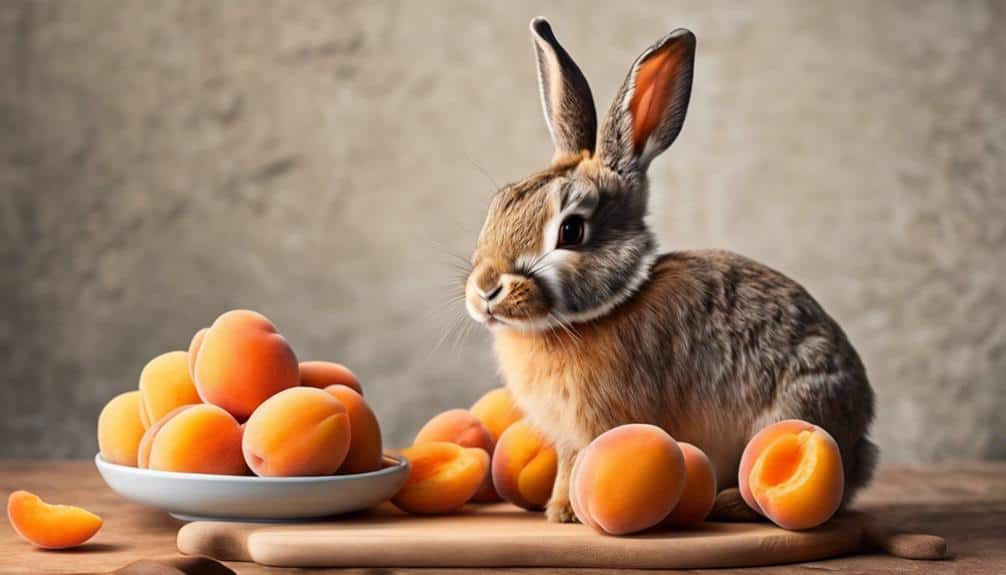
- Remove the pit: The pit of an apricot can be a choking hazard for your bunny, so always take it out before serving.
- Wash the skin: Washing the apricot skin is essential as it contains beneficial fiber that’s good for your bunny’s digestive health.
- Cut into small pieces: Cut the apricot into small, bite-sized pieces to make it easier for your bunny to eat and digest.
Monitoring Bunny’s Health After Apricot Treats
After ensuring the apricots are prepared properly for your bunny, you should diligently monitor your bunny’s health following the consumption of apricot treats. Keep a close eye on any signs of digestive upset, such as diarrhea or bloating, as these could indicate that apricots may not agree with your furry friend’s stomach. Additionally, monitor your bunny’s weight regularly to make sure they aren’t experiencing any unexpected weight gain from indulging too much in apricots, as this could lead to health issues. Check the consistency of your bunny’s stool as well, as any changes could signal digestive disturbances. Observing your bunny’s behavior and energy levels post-apricot treat is important; any unusual lethargy or hyperactivity could indicate a negative reaction to the fruit. If you notice any concerning symptoms or behavior changes, consulting a veterinarian promptly is advisable to address any health issues that may arise.Alternatives to Apricots for Bunnies
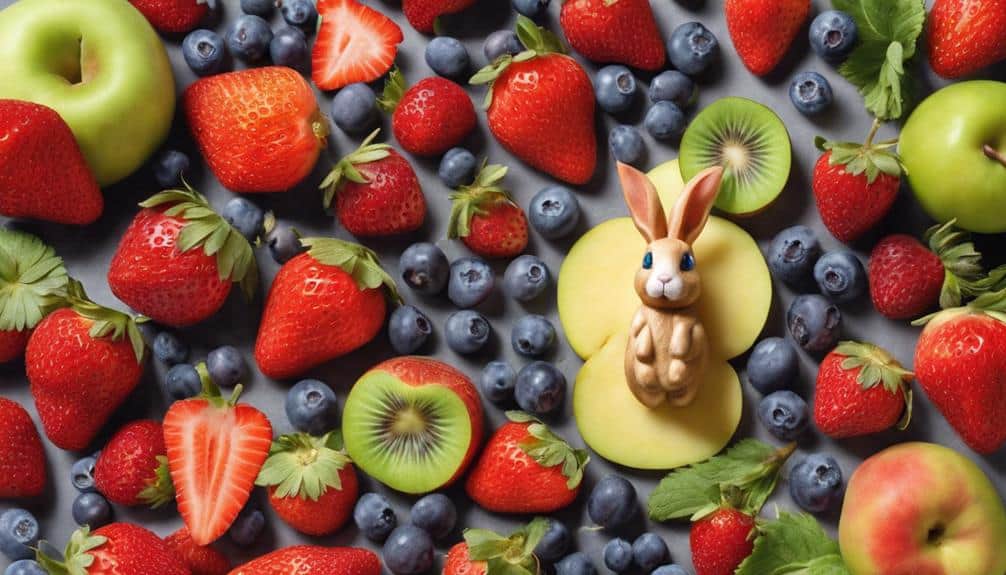
- Give preference to grapevines, apples, and pears: These fruits are safer options compared to apricots because they’ve lower sugar content and are less likely to cause digestive issues in bunnies.
- Avoid dried apricots: Dried apricots have a higher sugar content, which can be harmful to bunnies if consumed in large quantities. It’s best to steer clear of dried apricots to prevent any potential health issues.
- Be mindful of sugar content: When offering fruits to your bunny, always bear in mind the sugar content. While fruits are a healthy treat, too much sugar, especially from dried fruits, can lead to obesity and other health problems in bunnies.
Can domestic bunnies safely eat the same foods as wild bunnies?
While wild bunnies eating carrots is a common image, domestic bunnies can safely enjoy this treat as well. In fact, carrots are a great source of essential nutrients for both types of bunnies. Just be sure to feed them in moderation to avoid any potential digestive issues.


